Become self sufficient and feed your family healthy produce by learning how to start a vegetable garden from scratch. With the world the way it is now, millions of people are starting to think about gardening. Why, you ask? People want to be self sufficient. They don't want to have to depend on someone else for everything. That's why gardening gives you an amazing opportunity to be able to feed yourself and your family. And, once you know how to start a vegetable garden, there is really no stopping you. The basics of a vegetable garden are pretty easy once you know them, and from there on, the world if your oyster!
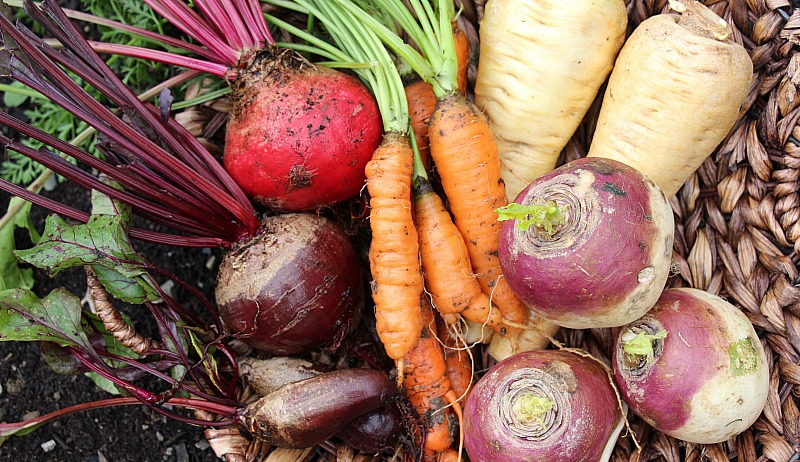
Plus, growing your own vegetables is possibly one of the most rewarding feelings you will ever get! Have you ever tasted a freshly picked fruit or vegetable? There's nothing quite like it! In this guide, you'll learn how to start a vegetable garden from scratch. We'll take you through all of the basics from where to plant, which vegetables to choose, what type of soil you need, and everything else under the sun! Also, be sure to bookmark Top 10 Gardening Tips for Beginners!
How to Start a Vegetable Garden From Scratch – A Beginner's Guide
#1. Location, Location, Location
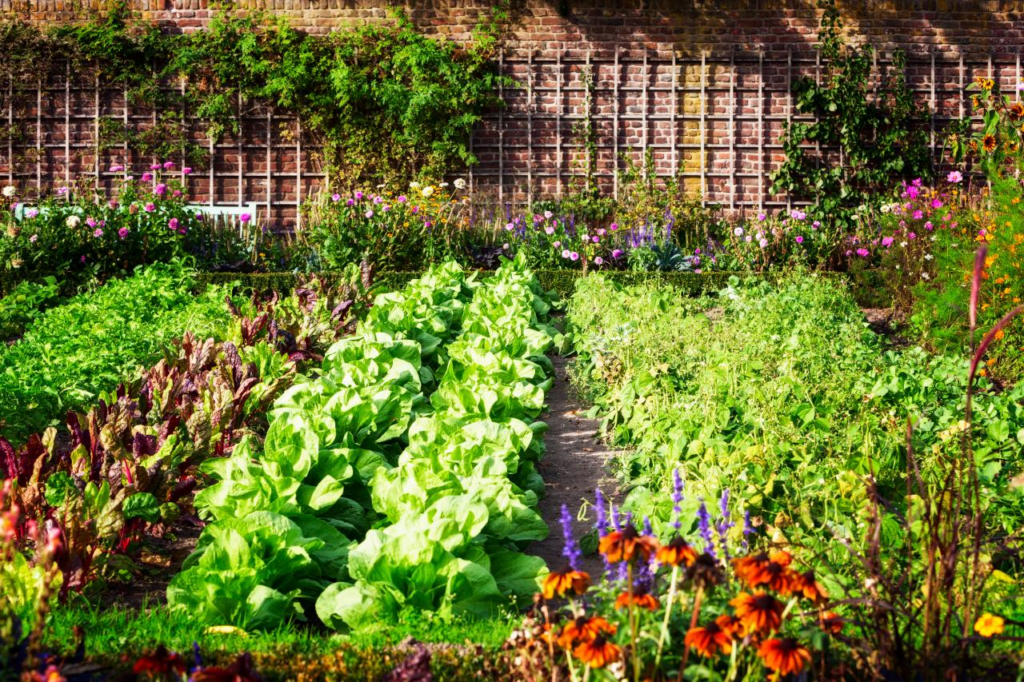
The right location for your vegetable garden is key to a healthy, growing garden. Whether you have a lot of land, a small backyard, or even a balcony, choosing where to plant your vegetables can make a big difference. Here are some planting location tips that every gardener must know:
- Plant in a sunny spot. Most plants and vegetables need at least 6 hours of direct sunlight per day. This means that you'll have to find that one spot that receives the most sunlight every day. The more sunlight your vegetables receive, the better they'll taste, the bigger they'll grow, and the bigger the harvest.
- Plant in good quality soil. For the plants' roots to deeply get into the soil, it'll need to be soft. Therefore, you'll need soft, loamy soil. Do this by enriching your soil with compost which will provide much needed nutrients. Also, choose well draining soil so that your vegetables will have good drainage.
- Plant in a stable environment. Don't plant in an area that's prone to flooding or high winds. If you have an open backyard, maybe choose a spot that's a little more sheltered. Especially in the beginning, plants will be weak and will not be able to tolerate strong winds.
#2. Plot Size
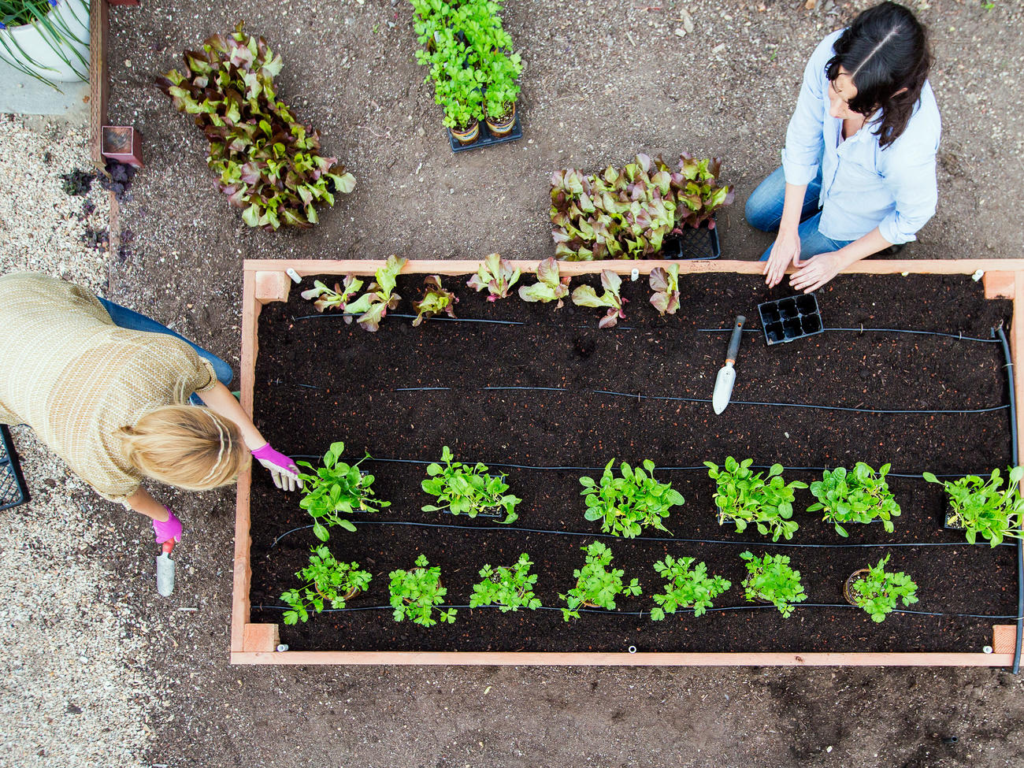
Most beginner gardeners make the mistake of starting off with a big garden. That's understandable as it can be quite exciting, and you want to grow everything all at once! But, more often than not, that's a mistake. A garden can be a lot of work, so it's always best to start small and plant only what you know you'll eat.
A great beginner's vegetable garden should be about 16X10 feet or smaller, and will have crops that are easy to grow and will be consumed. A plot of that size with the vegetables listed below can feed a family of four for an entire summer. In fact, you may even have leftovers for canning or giving away!
The perfect beginner garden will be 16X10 feet, which means it should be 11 rows wide, with each row 10 feet long. These rows should run north and south to take full advantage of the sun. Alternatively, you can also have a smaller garden as well! Think about the time you have on your hands – maybe you can only spare an hour or two a week. Then, your vegetable garden should be smaller.
If you're looking to grow vegetables that you plant once and will regrow again next season, are these: carrots, cabbage, beets, kohlrabi, beans, rutabagas, lettuce, turnips, and spinach. These are all fairly easy to grow and will give you an abundance again next season. Click on any of the vegetables to see how to grow them!
#3. Growing the Best Vegetables
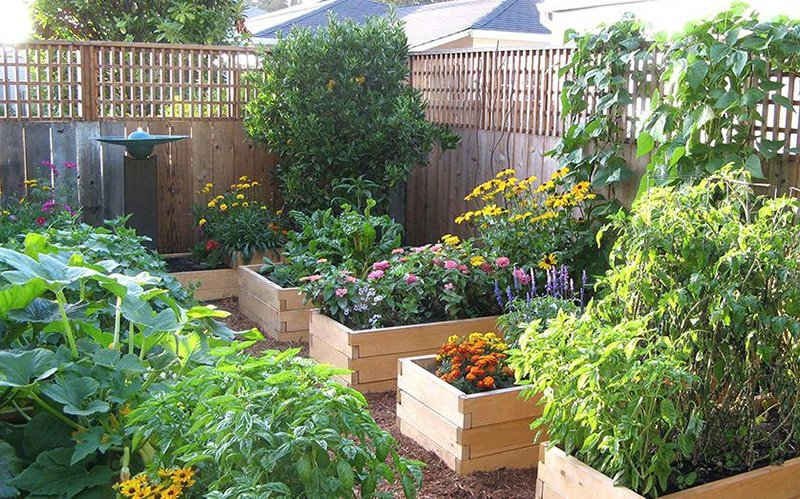
So now that you've chosen the right location and plot size, it's time to look at what makes a vegetable garden great. Here are some important tips and tricks that will help you grow the most delicious vegetables.
- Space plants properly. Every plant need its own space. Bigger plants, like corn for example, can get big and therefore overshadow other plant. The more spaced apart your plants are, the better they can perform. For best results, follow the directions on the seed packet for spacing.
- Use high quality seeds. Purchasing high quality seeds is one of the most important tips we can give any gardener! It may be tempting to pick up cheap Dollarstore seeds, but these may not germinate, and so now you've wasted money and time. Invest in good quality seeds and you'll be rewarded.
- Water accordingly. Each vegetable needs a different amount of water. Some may need more, while others may require less. It's important to give your plants the perfect amount of water. Check the seed package or search our website for a specific vegetable to see just how much water you should give.
- Plant and harvest at the best time. Not all vegetables can be planted or harvested at the same time. Check the labels to see when you should plant and harvest.
#4. Best Plants for Beginner Gardeners
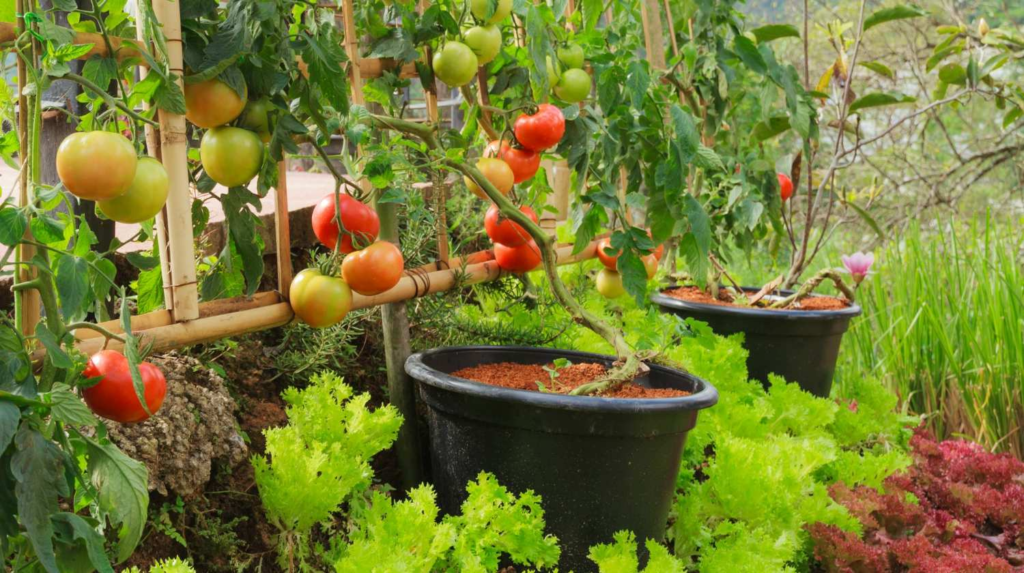
So now that we've looked at location, plot size, and how to grow, we're going to take a look at the most important thing: which vegetables you'll plant! We've compiled a list of the most common and easy to grow vegetables. Of course, your climate and location is also important, so be sure to check with your local gardeners to make sure that these vegetables can grow in your area.
- Beets
- Bush beans
- Cabbage
- Carrots
- Chard
- Lettuce
- Radishes
- Peppers
- Tomatoes
- Zucchini squash
- Marigolds (great for deterring pests and adding color to your garden!)
How to Start a Vegetable Garden – a Video Guide
Check out this video courtesy of The Rusted Garden, where Gary will walk you through what you need and how to plant a vegetable garden that includes peppers, tomatoes, and herbs! This is the perfect video to watch, especially for beginners, as it will show you exactly how and where to plant your very first garden!

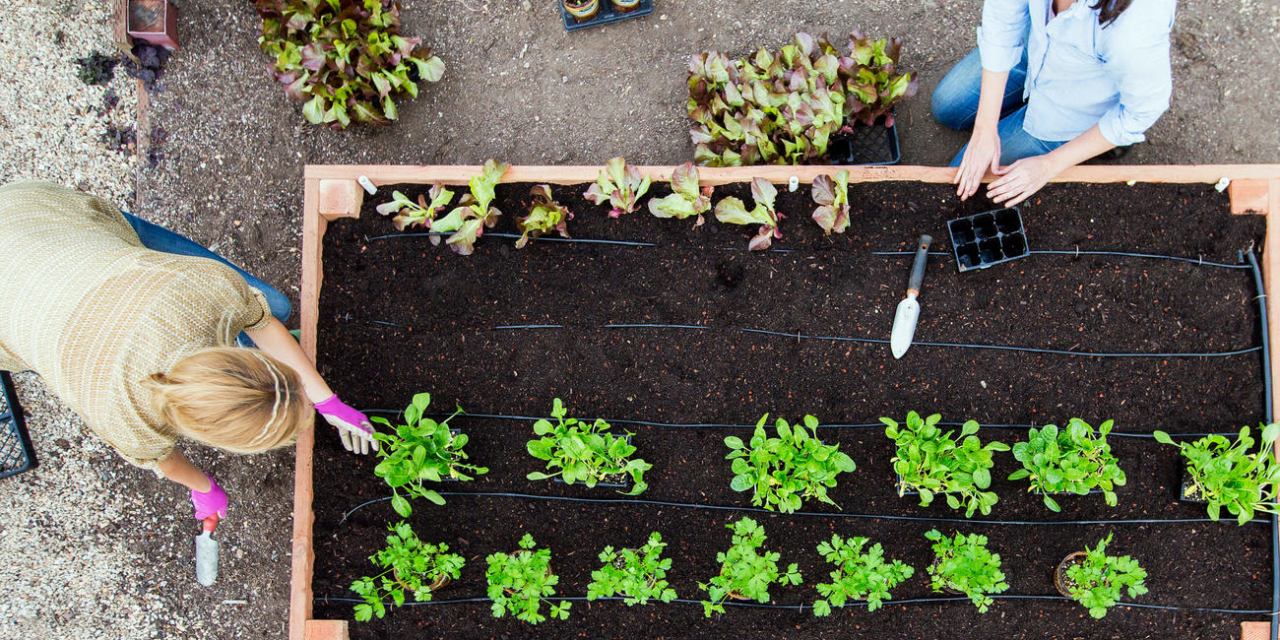
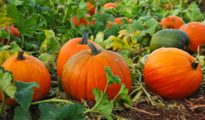
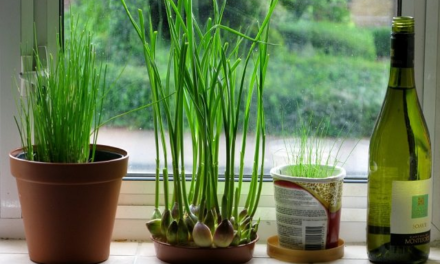
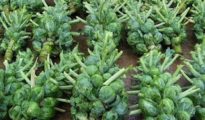
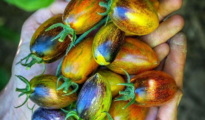
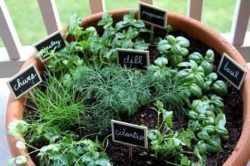
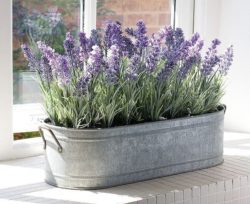
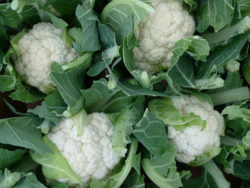
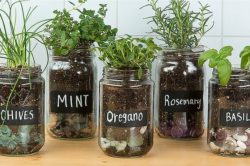
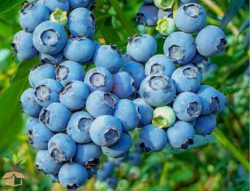
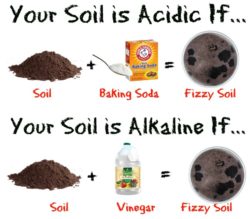
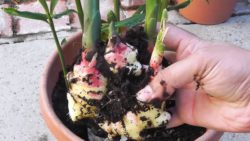
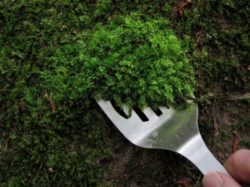
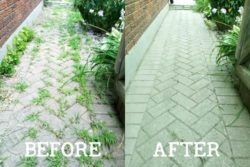
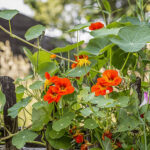
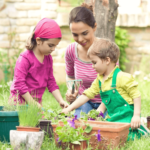

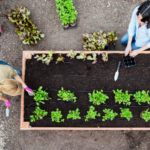
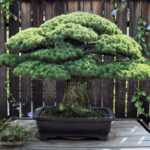
I have purchased a huge land in Palghar Maharashtra where I am interested to Cultivate Trees,Plants,Fruit,Flower and vegetables.
That’s great to hear, congratulations! I hope we can help you with some of your gardening needs 🙂